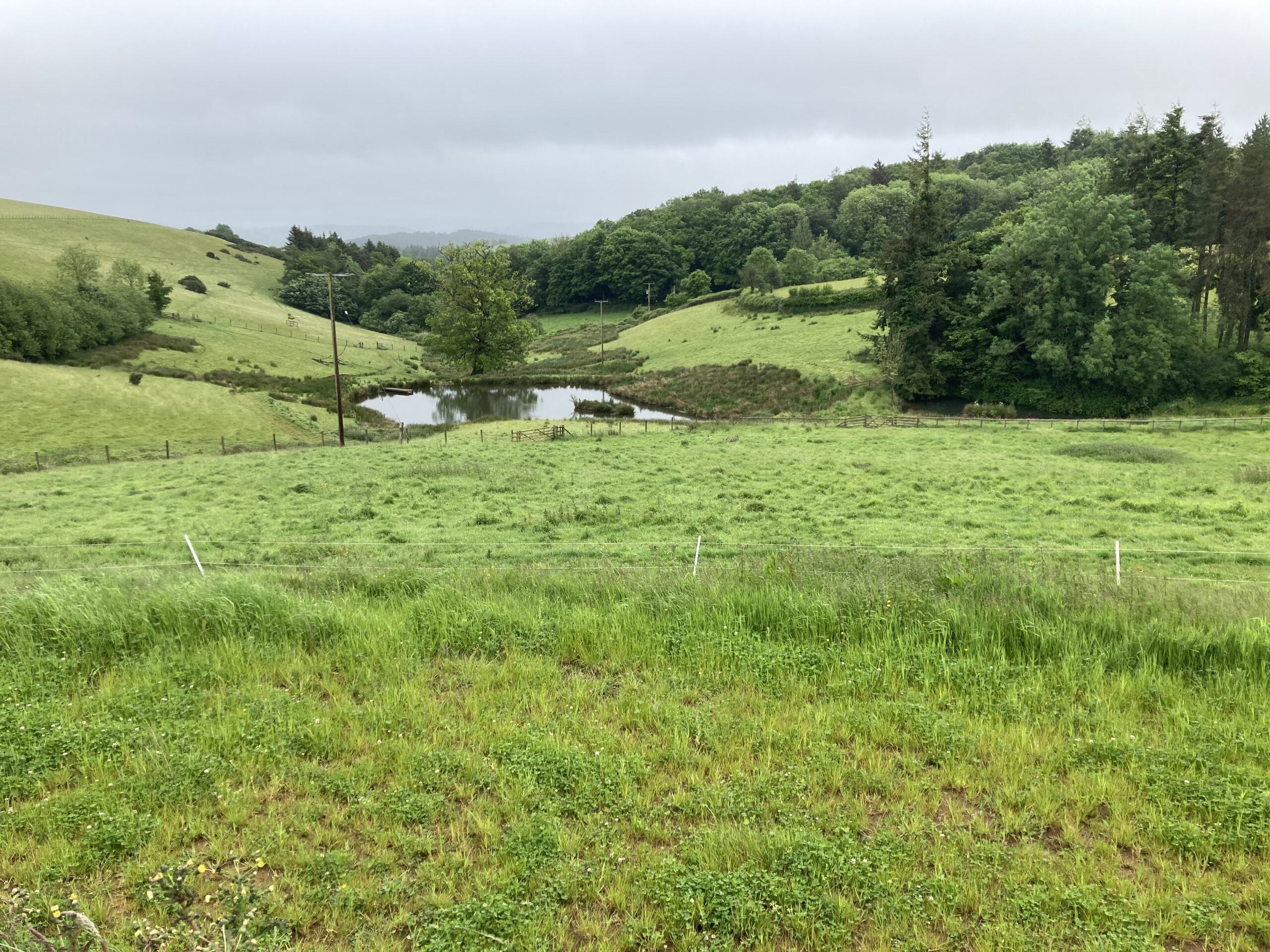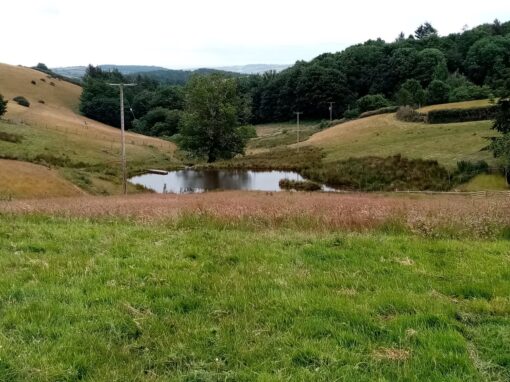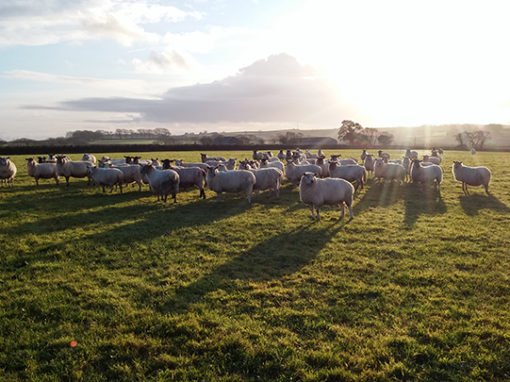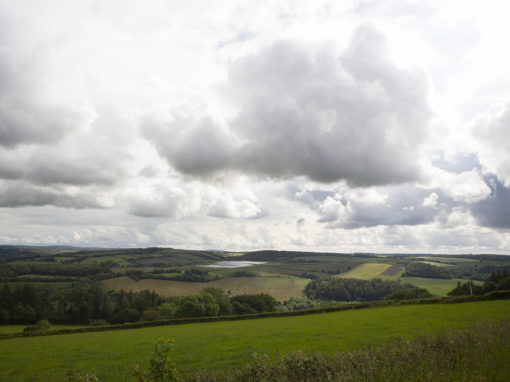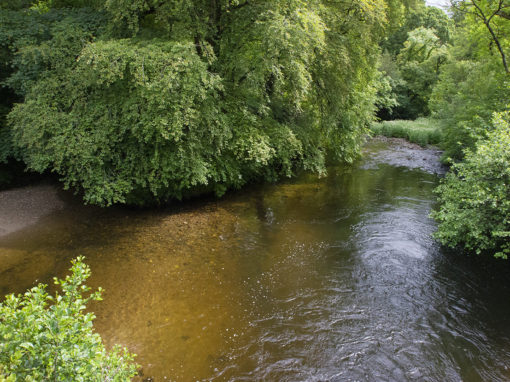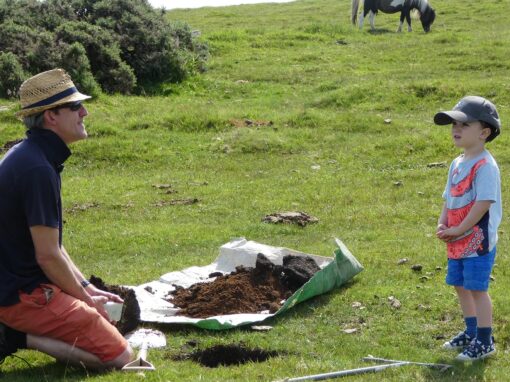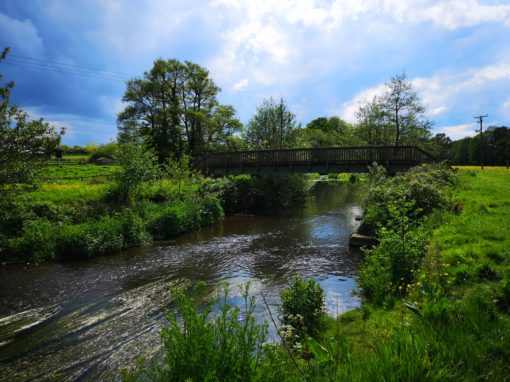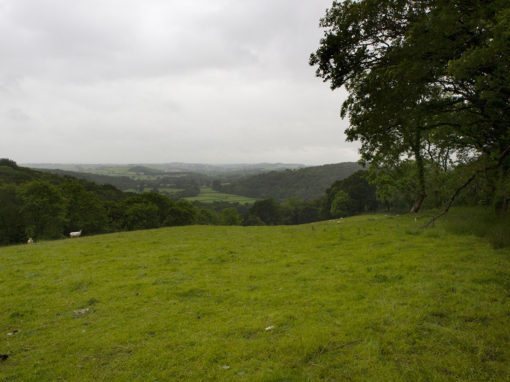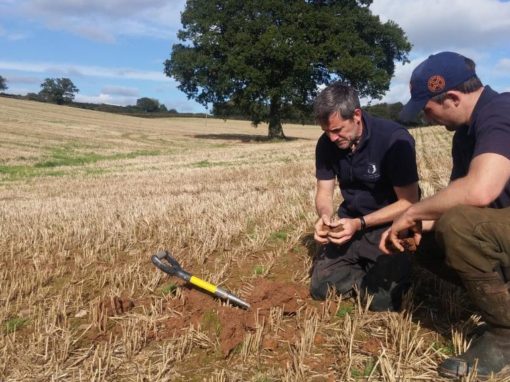Please note this Fund was SHRImP project-related and is no longer active
The South Devon Catchment Partnership Action Fund (CPAF) has been developed to reduce sources of urban diffuse pollution and rural non-agricultural pollution that are contributing to failures in Water Framework Directive (WFD) status.
Many rural, domestic properties in the South Devon catchments were built at least a century ago, long before bathrooms were incorporated into the dwelling, and as a result may use Septic tanks.
In these rural areas of the south west, the majority of the catchment may be served primarily by such private services. Septic tanks will ultimately discharge some excess water via surrounding land through percolation, but many systems are old and unmanaged, or residents may be unaware of the best practices which would reduce any diffuse pollutants from also reaching and entering watercourses.
Misconnections of foul water to surface water sewers are another significant source of pollution – particularly in urban rivers.
In many urban streams, it is often difficult to understand the true impacts because of the combined effects of other types of pollution such as run-off from roads.
Road or storm drains, industrial and residential areas are often connected to sewers, which discharge directly to watercourses.
Focusing on the Salcombe to Kingsbridge Estuary and Slapton Ley catchments, The South Devon CPAF project is looking at engaging with residents to address these issues.
We will be holding a number of events in the area to raise awareness as well as seeking out enthusiastic volunteers to help us find potential misconnections.
Septic tanks working to optimal capacity, plus suitable domestic products entering these systems can therefore reduce the risk of nutrient enrichment and bacterial loading in watercourses.
The overall result being cleaner streams, improved natural environment and biodiversity.
Other Land Management Activities
